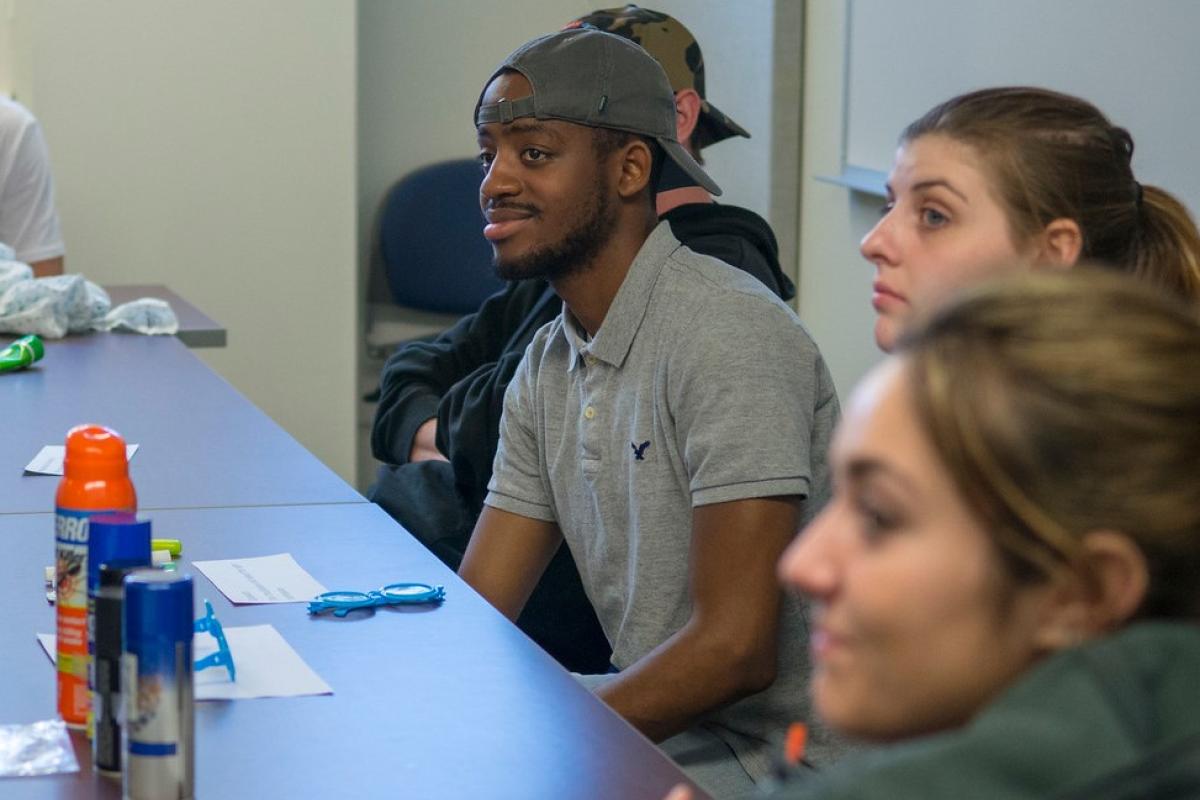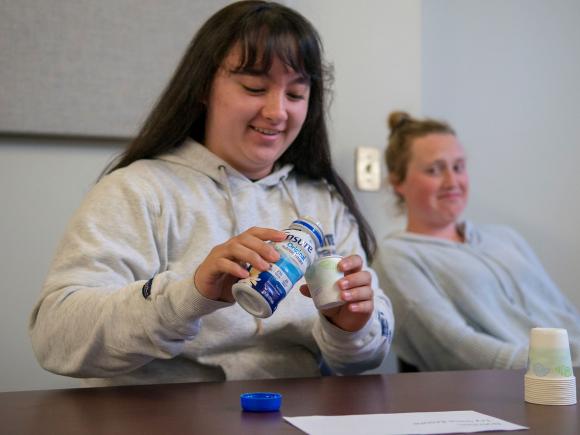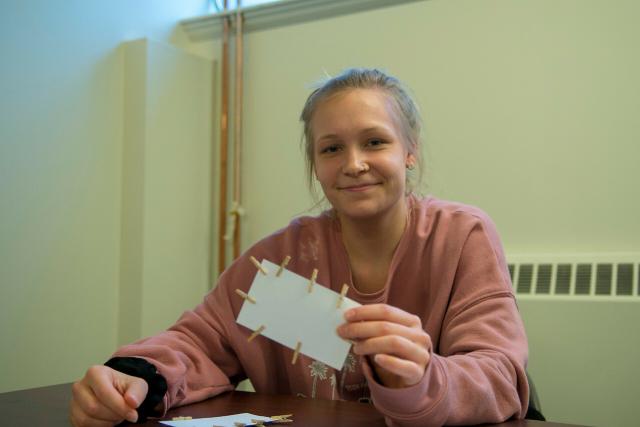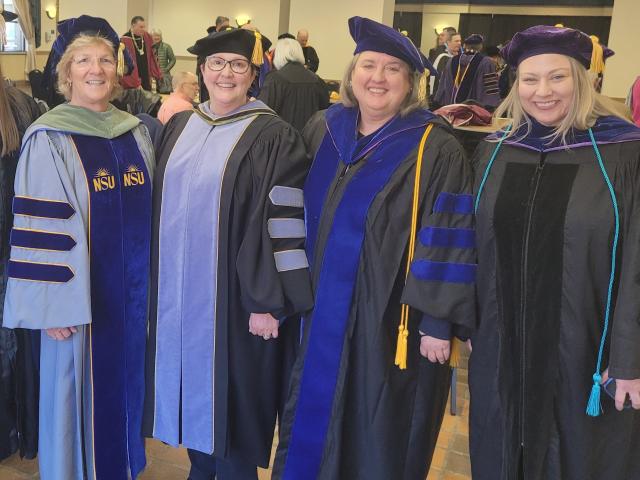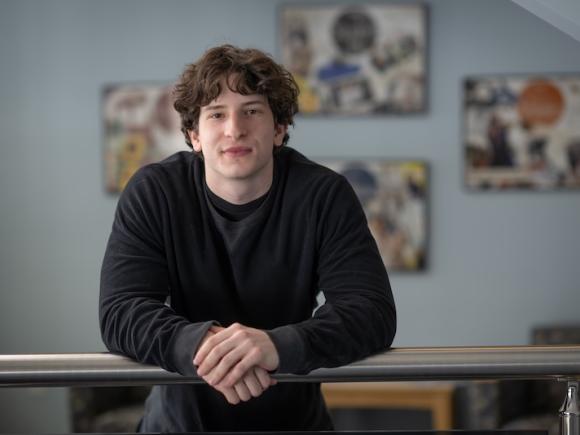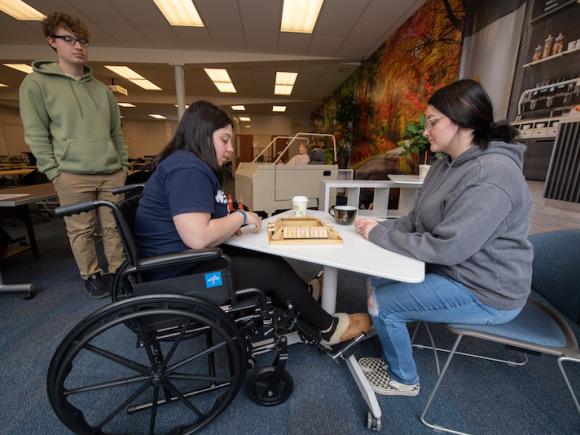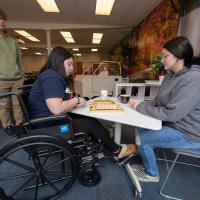The Health Sciences Program offers inter/multidisciplinary coursework and clinical experiences leading to a major on the undergraduate transcript.
The mission of the Health Sciences program is to prepare students for entry into professional healthcare careers or graduate programs through a rigorous course of study grounded in patient-centered, team-based problem-solving and pre-requisite sciences. Interdisciplinary collaboration and community engagement are fundamental processes, as faculty and students collaborate with other campus departments and clinical and community care centers to address public health problems in Western Massachusetts and beyond.
In addition to aligning with the University’s mission, the Health Sciences program is well-positioned to prepare students for the new healthcare environment. A shift from an illness to a wellness model emphasizes prevention as a key component in optimizing health. An essential goal of this department initiative is to connect clinical care (hospitals, clinics, etc.) and community care (schools, senior centers, individual community members, etc.) teams.
The program’s intentional addition of wellness theory, its application for disease prevention and treatment, along with the pedagogy of interprofessional education make it unique to similar programs. The pedagogical approach utilized throughout the core curriculum is grounded in interprofessional education values—teamwork, conflict resolution, and effective use of informatics. All program core courses involve group work with case-based, problem-based pedagogy and simulation. The integration of information literacy and multiple disciplinary perspectives is emphasized.
After successfully completing the program, our graduates may accept positions in a wide variety of graduate programs: exercise science, physical therapy, occupational therapy, physician assistant, athletic training, public health, nursing, health education, and epidemiology, to name a few. Our graduates may also work in numerous settings: cardiac rehabilitation, echocardiogram technology, physical therapy, occupational therapy, physician assistant, biotechnology, health informatics, healthcare management, community health, and nursing.
